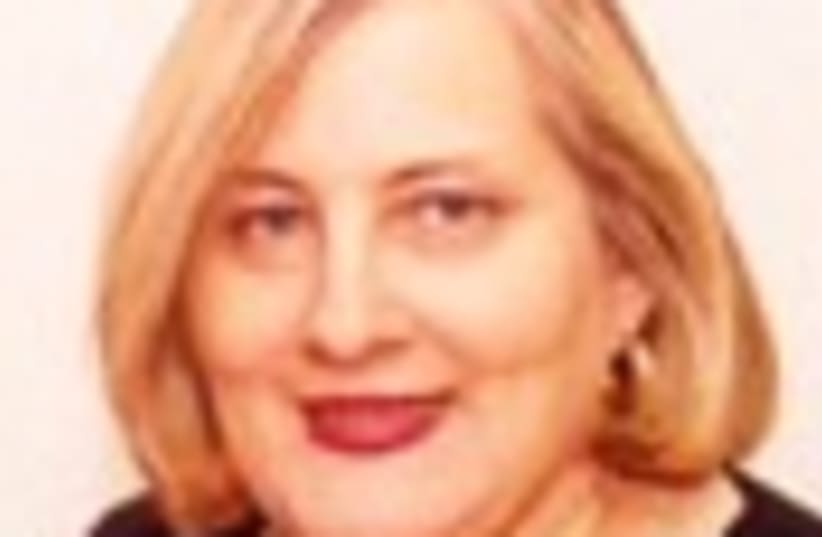Cafe Oleh is the place where you can join in and be published. To send us your comments, article ideas, suggestions and community listings, click here. In the meantime, check out our comprehensive listings and calendar services.
| More about: | Beit Shemesh, London, Anglosphere, Ma'ale Adumim |
